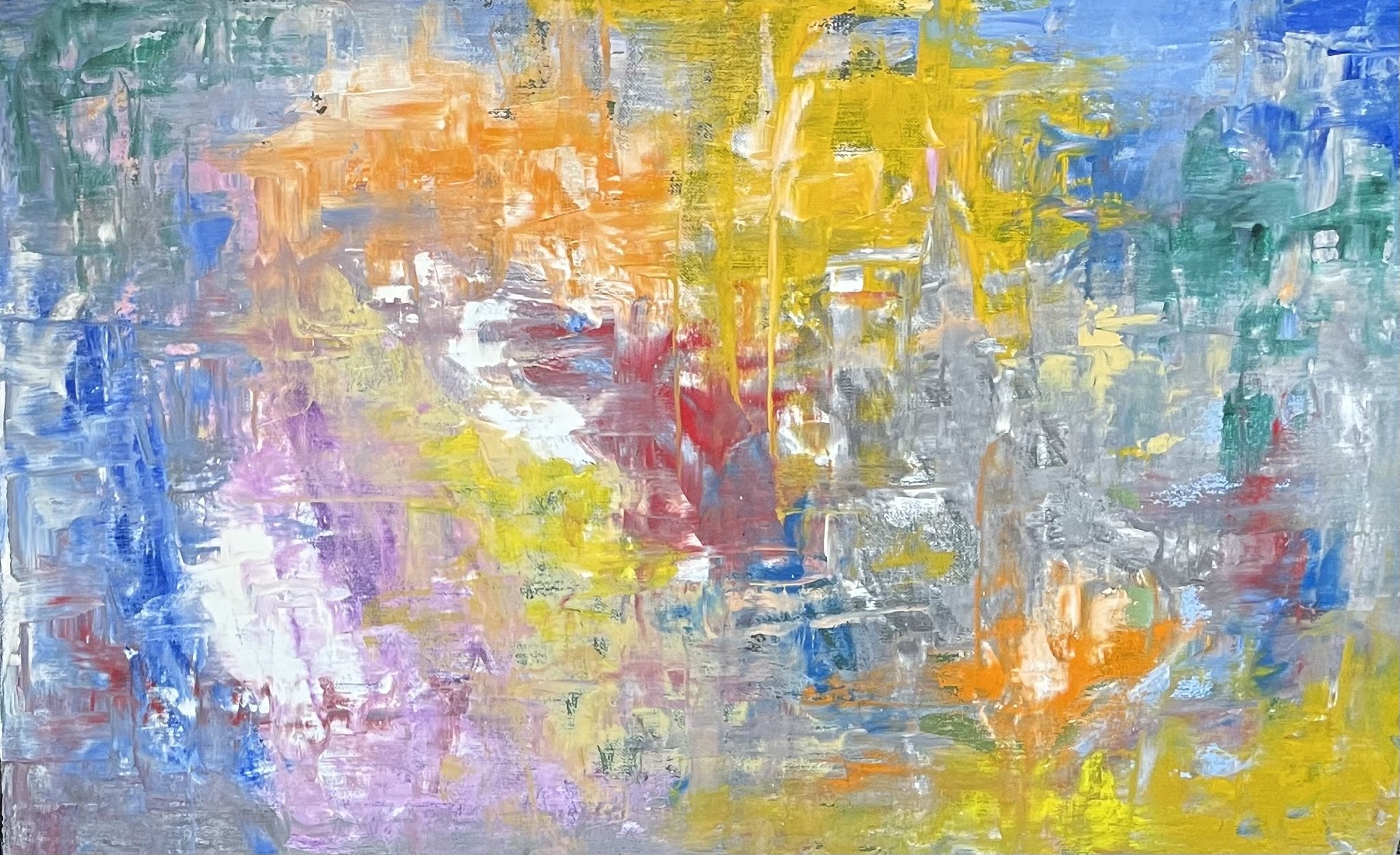Groundlessness
My go-to guide when I feel groundless is When Things Fall Apart: Heart Advice for Difficult Times by Pema Chodron (1997). The title is from the first verse of "The Second Coming," a 1919 poem by Irish poet W. B. Yeats. Both are about experiencing groundlessness as a profound journey into the heart of uncertainty.
From The Second Coming:
Things fall apart; the centre cannot hold;
Mere anarchy is loosed upon the world,
The blood-dimmed tide is loosed, and everywhere
The ceremony of innocence is drowned;
The best lack all conviction, while the worst
Are full of passionate intensity.
Surely some revelation is at hand;
Pema Chodron writes in When Things Fall Apart:
Anyone who stands on the edge of the unknown, fully in the present without reference point, experiences groundlessness. That’s when our understanding goes deeper, when we find that the present moment is a pretty vulnerable place and that this can be completely unnerving and completely tender at the same time. (p.2, 1997)
Standing on the edge of the unknown requires us to embrace the present moment and strip away the familiar reference points that typically provide us with a sense of security. In this bare space, vulnerability surfaces; it can feel like navigating a void without a map.
This state of being can be both deeply unsettling and beautifully delicate. It reveals that, in the absence of our usual anchors, we are confronted with our fears and our capacity for resilience and growth.
The present moment, while vulnerable, offers us a unique opportunity to explore our thoughts, feelings, and instincts in an unfiltered way, revealing a deeper understanding of ourselves and our surroundings and fostering insight that can lead to clarity and transformation. By embracing this groundlessness, we can cultivate a sense of presence that invites authenticity and connection.
So, rather than avoiding groundlessness, lean into it. Give it some space. Instead of resisting the inevitable changes that life brings, allow yourself to sit with your feelings. Use this time to explore your thoughts and emotions without judgment. Acknowledge the discomfort and recognize it as a natural part of the transition process. Try writing about your feelings experiences to gain deeper understanding.
As you lean into groundlessness, create a supportive environment for yourself. Engage in practices that foster mindfulness, reflection, and self-care so that new perspectives, pathways, and insights can emerge. Acknowledging the tenderness inherent in our experience can lead us to compassion, both for ourselves and others.
In this space of uncertainty, we may begin to trust the process of change by recognizing that while groundlessness is disorienting it is also the fertile ground from which new possibilities emerge.
Ultimately, by facing groundlessness head-on, we can transform it from a source of fear into a wellspring of opportunity. Embrace this blank canvas and allow it to inspire your next steps forward.
